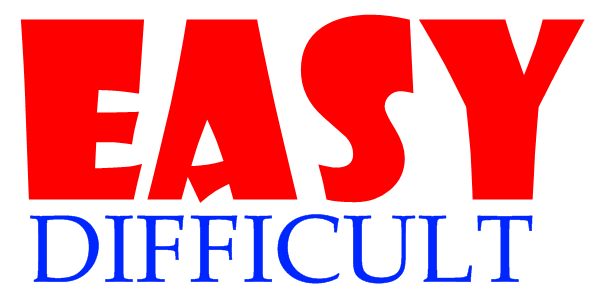Why should you use an independent business improvement coach?
- Theunis Mundell

- Feb 17, 2021
- 3 min read
Updated: Feb 18, 2021

You seldom find someone in an organisation who really spend enough time on Business Improvement to be an expert. It is also an effective way to bring in more urgency and objectivity…During 10 years of WCM coaching by experienced WCM practitioners based in Europe we saw the impact of very specific and “unemotional” follow-up on progress as per the coaching report from the previous visit and the WCM checklist towards world-class status.
You may argue that your company has a great culture and that your employees do not need somebody from the outside to tell them what to do or to energise them. I was the first to agree with you on this, but through my own experience and knowledge sharing with other companies I am 100% confident that you will have much better and faster results using an independent coach.
Here are some of my experience to consider:
1. Some topics including business improvement is just so “wide” that you seldom find someone in your own organisation who have spent enough time on it to really know what works best. You end up in a continuous trial and test phase with slow results and frustration.
2. Business Improvement is naturally part of the “Important but not urgent” block on the time management diagram. Using an outside coach with very specific findings and visits provide some much needed urgency which is very difficult for most operational teams on their own. There are just always to many other urgent issues (“fire fighting”). Part of BBF is also to make the basics, including business improvement, a priority.
3. Unfortunately it is human nature not to be objective when it comes to your own team and their performance. Everything seems to become “emotional”? With an external coach you usually get much more objective feedback. The BBF focus on standards also removes the emotional discussion of “who is correct”, since the standard is correct until you find a way to improve the standard.
4. It remains very important to involve the employees so that they own the end result. It is never sustainable when you get a consultant who just tells you what to do. Very important to prevent and counter the following statement “They never listen to us, but pay a lot of money for someone from the outside to come and tell us what we could have told them.” Coaching and change management is therefore such a important part in this process. The team is guided to basic solutions as a starting point but they are allowed to improve it and make it their own.
Here are some other insights:
A consultant may be hired because of his or her expertise. This is where it pays to not only be of the best in the field you have chosen to consult in but to have some type of track record that speaks for itself. Usually, your track record is built over a number of years, and this can be done in your field of expertise while you are in full-time employment, or alternatively while freelancing your services.
A consultant may be hired to identify problems. Sometimes employees are too close to a problem inside an organisation to identify it. In many small businesses(or teams), an owner is too busy working ‘in’ the business rather than ‘on’ the business. A knowledgeable and trusted outside expert can offer a fresh perspective.
A consultant may be hired to provide much-needed objectivity. A good consultant provides an objective, fresh viewpoint without worrying about what people in the organisation might think about the results and how they were achieved.
A consultant may be hired to teach. A consultant may be asked to teach employees any number of different skills. However, a consultant must be willing to keep up with new discoveries in their field of expertise – and be ready to teach new clients what they need to do to stay competitive.
A consultant may be hired to bring new life to an organisation. At one time or another, most businesses need someone to administer “first aid” to get things rolling again.





Comments